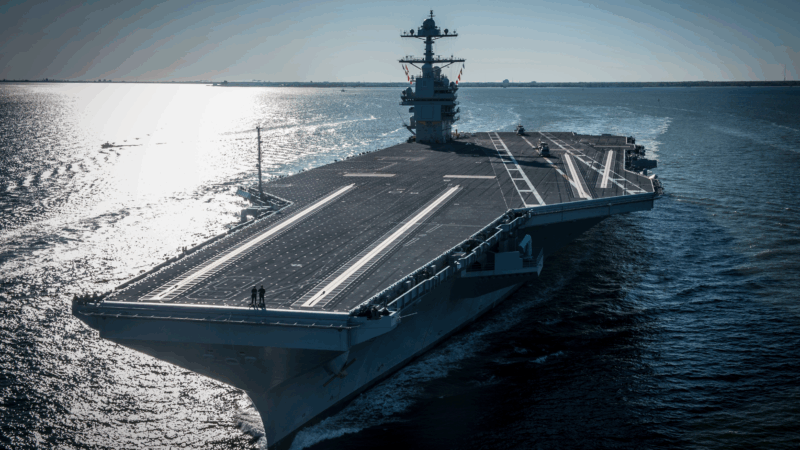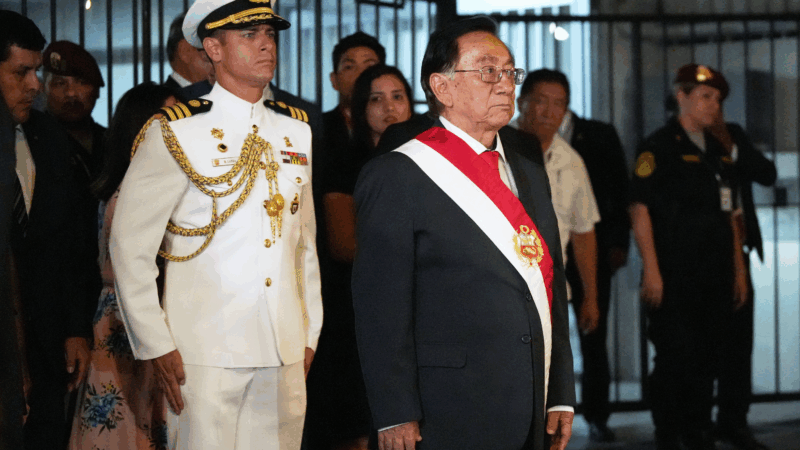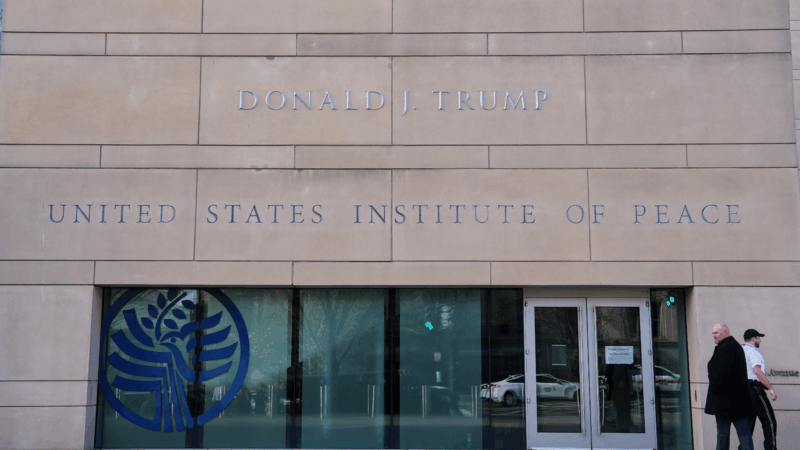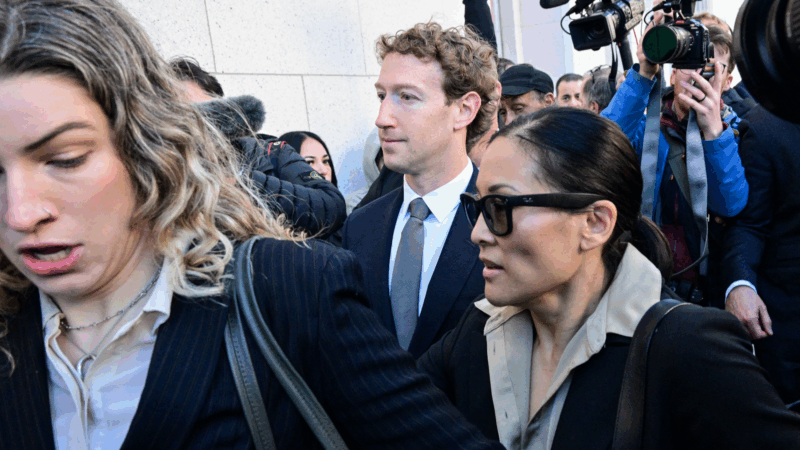With U.S. leadership in doubt, can its allies chart their own course?
Ben Bland is the director of the Asia-Pacific Program at Chatham House, an international policy think tank based in London. He is also the author of two books on Asian politics.
Even before President Trump returned to the White House earlier this year, conversations with diplomatic and security officials across Europe and Asia revealed a deep contradiction. On the one hand, U.S. allies fear the breakdown of the international order that has underpinned their stability in recent decades. On the other, they are hesitant to invest in the structural changes needed to adapt to a more uncertain world.
But this may be changing. U.S. allies in Europe and the Indo-Pacific have shown an increasing willingness in recent months to coordinate and cooperate across a wide range of shared interests, from trade to defense and alliance management to China. As democratic middle powers that are committed to open trade and investment, the U.K., France and Germany, Washington’s most important European allies, have much in common with Australia, New Zealand, Japan and South Korea, the Indo-Pacific pillars of the U.S. alliance system.
The foreign ministers of these seven countries and Poland, another key European security player, met recently on the sidelines of the U.N. General Assembly in New York, acknowledging that “peace, security and resilience in the Indo-Pacific and Europe are becoming more intertwined”. Meeting in a new format, and without the U.S. present even while on U.S. soil, they promised to cooperate more closely on maritime security, cybersecurity, economic security, climate change and broader geopolitical uncertainties.

On economic policy, these countries are looking to shield themselves from Beijing’s weaponization of its dominance in manufacturing and emerging technologies. They are also seeking better defenses against growing protectionist pressures emanating from the U.S., which pre-date the return of President Trump to the White House.
How can U.S. allies organize among themselves?
Whether or not autarky makes sense for a superpower like America, its allies in Europe and the Indo-Pacific will suffer in a world where barriers to trade and investment continue to rise. Large, advanced, open economies such as the U.K., France, Germany, Japan, South Korea and Australia will need to work much harder together in the coming years to defend the free flow of goods, services and investments.
One avenue for doing so is cooperation around the Comprehensive and Progressive Agreement for Trans-Pacific Partnership (CPTPP), a regional trade agreement that was backed by Washington before President Trump withdrew in 2017. Australia, Japan, New Zealand and the U.K. are CPTPP members, while South Korea is considering joining, and the European Union has discussed deepening trade linkages with the CPTPP.
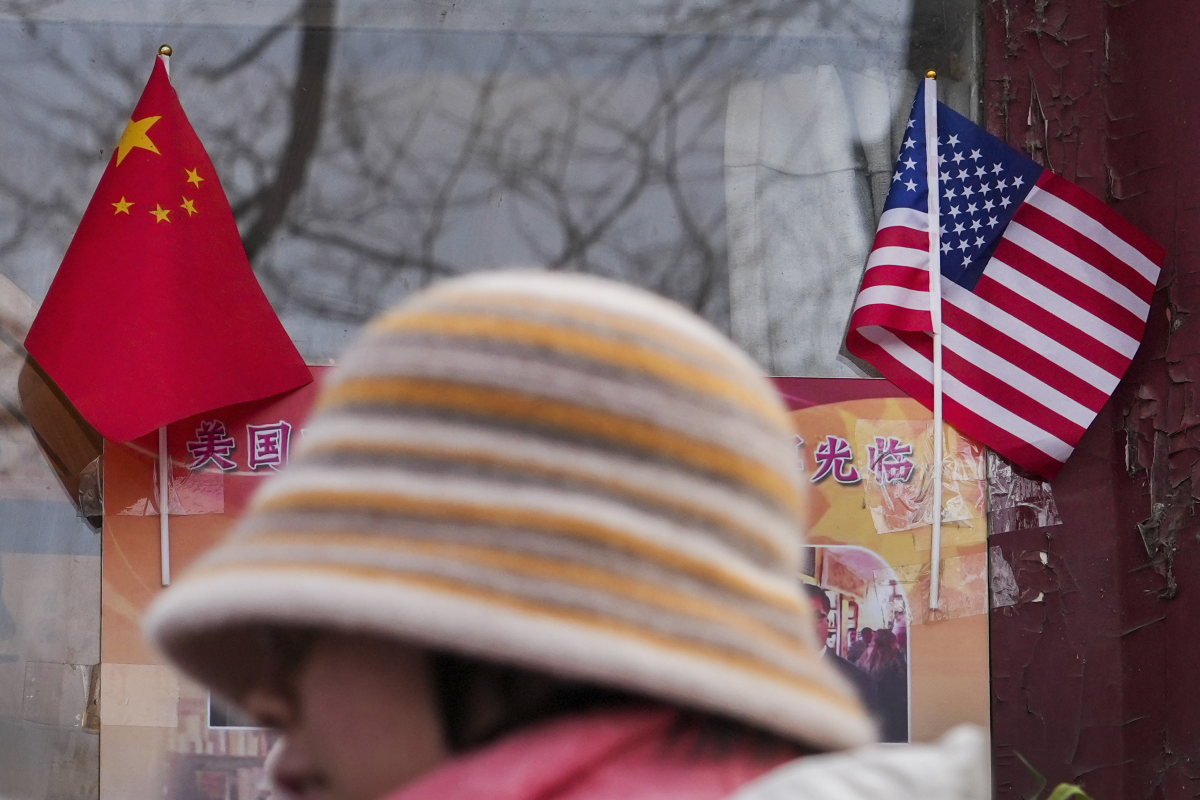
Another area where these nations could form a stronger coalition is technology. Both China and the U.S. are taking ever more assertive measures as they vie for leadership in key technologies from artificial intelligence and semiconductors to electric vehicle batteries. None of Washington’s major allies have the financial heft or corporate base to compete in their own right. But they can pool knowledge and resources to try to ensure they are not left behind. And they can discuss how to prevent being isolated in a world of bifurcating technological systems and standards.
On defense and intelligence, there is clearly no substitute for the anchor role that Washington plays. However, European and Indo-Pacific allies are already expanding the linkages between themselves, rather than relying on the U.S. for leadership, connections and defense procurement. For example, instead of procuring fighters from the U.S., Italy, Japan and the U.K. are already working together to develop their own next-generation aircraft under the Global Combat Air Program. This could be the start of a broader push to interweave defense and security between allies in Europe and the Indo-Pacific.
Overcoming tensions and leading without a leader
This shift is not about severing ties with Washington. On the contrary, it is about reacting to changes in U.S. domestic politics, and ensuring that U.S. allies in Europe and the Indo-Pacific can make more meaningful contributions in their own right.
However, coordinating between middle powers in Europe and Asia without the heft of U.S. leadership will be challenging.
Within the EU, France and Germany still clash, with their own joint fighter jet program, the Future Combat Air System, in doubt because of political wrangling and commercial rivalry. The U.K. is mending fences with its European neighbors after Brexit but standing outside the EU makes defense and industrial cooperation difficult.
In the Indo-Pacific, the historical tensions between Japan and South Korea have in the past limited their ability to cooperate with the U.S. and other allies.
It will take vision to look beyond these tensions and smart leadership to find creative, flexible and cost-effective solutions. If U.S. allies in Europe and the Indo-Pacific fail to do more together, alone they will not have the resources or scale to thrive in these uncertain times.
Iran and the U.S. lean into gunboat diplomacy as nuclear talks hang in balance
Iran and the United States leaned into gunboat diplomacy Thursday, with Tehran holding drills with Russia and the Americans bringing another aircraft carrier closer to the Mideast.
José María Balcázar becomes Peru’s eighth president in a decade
José María Balcázar has become Peru's new interim president, replacing another interim leader who was removed over corruption allegations just four months into his term.
Trump gathers members of Board of Peace for first meeting, with some U.S. allies wary
President Donald Trump will gather Thursday with representatives from more than two dozen countries that have joined his Board of Peace, for a meeting that will focus on the reconstruction of Gaza.
With a win over Sweden, the U.S. men’s hockey team will play for an Olympic medal
A thrilling overtime goal by defenseman Quinn Hughes puts Team USA through to a semifinal game against Slovakia. On the other side of the bracket, Canada had its own close call, but moves on to face Finland.
Zuckerberg grilled about Meta’s strategy to target ‘teens’ and ‘tweens’
The billionaire tech mogul's testimony was part of a landmark social media addiction trial in Los Angeles. The jury's verdict in the case could shape how some 1,600 other pending cases from families and school districts are resolved.
The Trump administration is increasingly trying to criminalize observing ICE
ICE officers often tell people tracking and watching them that they are breaking federal law in doing so, but legal experts say the vast majority of observers are exercising their constitutional rights.

